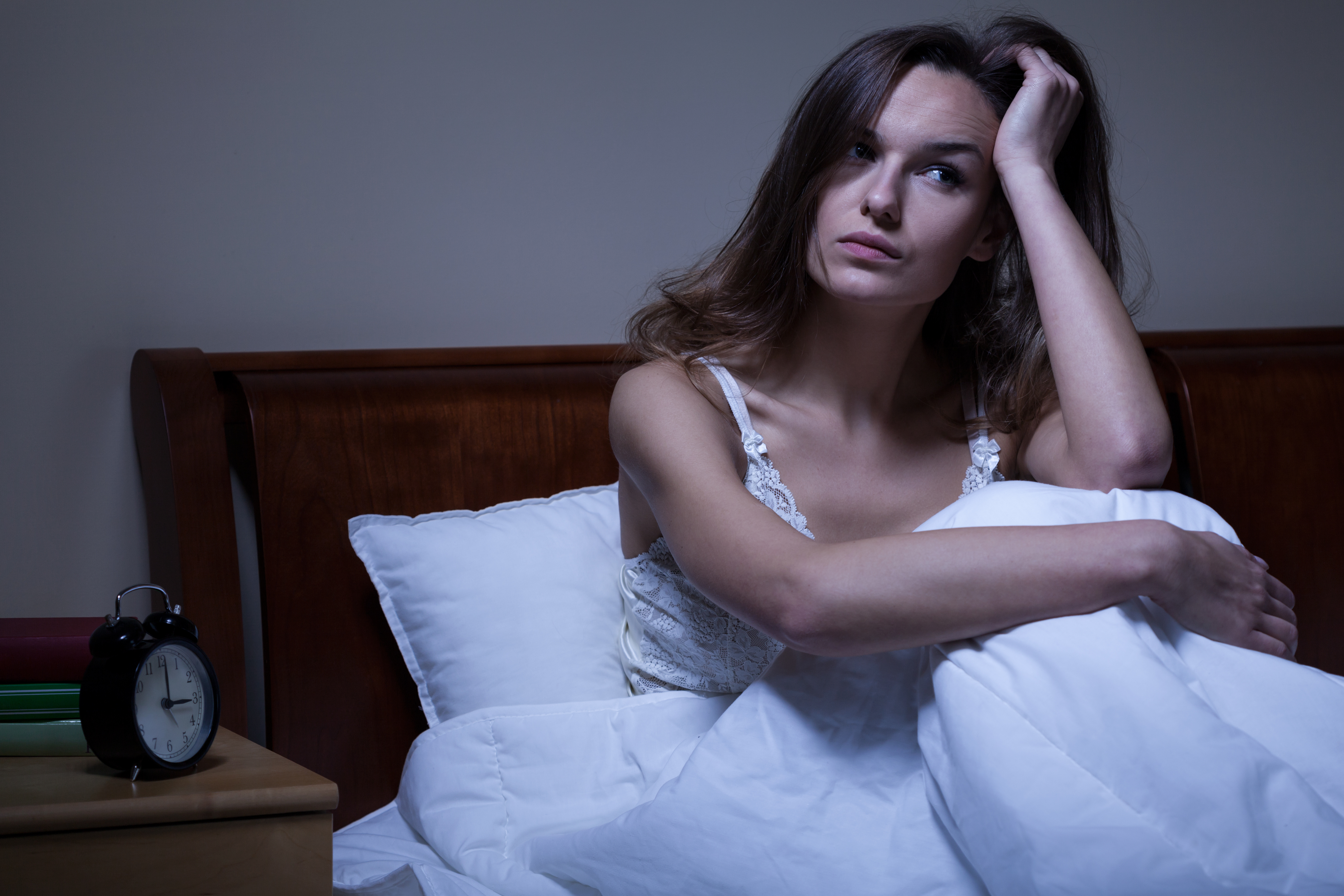
Most of us first heard about the importance of a good night’s sleep from our parents, who would explain in no uncertain terms why we had to be in bed by a certain time – especially on a school night. If you were like most children, you tried the “but I’m not tired routine,” which was likely rejected immediately and followed by stern instructions to lay in bed until you fell asleep.
Flash forward to college when many of us regularly pulled the infamous “all-nighter,” staying up until all hours studying and completing papers. Not to mention all those late-night social exploits that have become a part of the college experience.
And throughout adulthood, we seem to miss out on sleep due to everything, from our jobs and crying babies, to insomnia caused by stress, anxiety, or trauma. According to the National Sleep Foundation, nine in 10 people with post traumatic stress disorder (PTSD) suffer from insomnia. Thankfully, treatments like ketamine for PTSD are helping. But lack of sleep isn’t a stranger to most Americans.
The fact is 27% of Americans say they have trouble falling asleep almost every night and a whopping 68% have trouble sleeping at least once per week. A study by the Centers for Disease Control shows 35.2% of adults indicate they get less than seven hours of sleep per night. And a poll by the National Sleep Foundation shows 44% of respondents feeling sleepy 2-4 days per week, with 28% feeling sleepy 5-7 days every week.
Clearly, a lot of people are not getting enough sleep.
According to the American Academy of Sleep Medicine and the Sleep Research Society, adults should get at least seven hours of sleep every night; other research suggests adults need as much as nine hours of sleep per night. Getting less than the required amount of sleep can cause a wide array of ailments, including obesity, diabetes, high blood pressure, heart disease, stroke and mental distress.
There is a very direct correlation between sleep and mental health. Lack of sleep can cause mood swings, irritability, anxiety, depression, an inability to regulate emotions, and an impaired cognitive ability. Treatment for suicidal thoughts could be indicated if a lack of sleep leads to a sustained depression and suicidal thinking for 2 weeks or more.
When we sleep, it gives our brain a chance to consolidate memories and process information. Sleep also allows the brain to heal, “detox” and flush out toxins that build up during the day, as well as get stronger by replenishing the neurotransmitters that enable the sorting of the brain’s neural network. All of this is critical for the brain to operate efficiently and for a person to be able to navigate their day, both physically and mentally.
Here are some suggestions for improving your sleep patterns and getting a good night’s sleep:
- Avoid caffeine, sugar and alcohol in the evenings. Alcohol may help some people fall asleep, but it disrupts sleep patterns and your ability to stay asleep. If you’re having a hard time eliminating alcohol from your evening routine, ketamine for alcoholism may be a treatment for you.
- Do not look at a screen for at least one hour before going to bed. This includes televisions, mobile phones, computers or anything else with a lit screen. Looking at a screen stimulates the brain and prevents the production of melatonin which is needed to help the brain sleep peacefully.
- If you need to recharge during the day, do not nap for more than 20 minutes. Despite what logic may suggest, naps longer than 20 minutes can actually make you more tired.
- There are many physical conditions that make it hard for a person to fall asleep, such as sleep apnea and sleep movement disorders. If you are constantly struggling to get a good night’s sleep, see a doctor.
- Whenever possible, try to go to sleep and wake up at the same time every day. Establishing a regular routine will help your mind and body know when it is time to sleep and when it is time to wake up.
- Daily exercise can go a long way toward getting a good night’s sleep, however make sure you leave at least three hours between exercising and bedtime.
- Make your bedroom conducive to sleeping. Eliminate unnecessary lights, sounds or other distractions that may keep you up at night or prevent you from falling asleep. Keep the temperature at a comfortable level, not too hot or too cold.
- If you are lying awake in bed and unable to sleep, do something to distract yourself and let your body relax, such as reading a book or listening to soft music.
- Do not use your bedroom as an office and keep anything work-related in another room. Work is a major source of stress for a lot of people, so it is important to keep anything that may cause stress as far away from the bedroom as possible. Avoid doing anything work-related, such as checking emails, right before bed. Pulling yourself into a work mindset right before bed will only make it that much harder to fall asleep.
There are many ways to increase and improve the sleep you get every night. What works for one person may not work for another. Try different things and find out what works best and is most effective for you.
If you are suffering from a mental disorder that is preventing you from living your best life and getting a good night’s sleep, ketamine infusion therapy may be a good option when done as part of an overall treatment plan that includes consulting with a mental health professional.
Ketamine depression treatment and postpartum depression infusion are just a few of the ketamine treatments available at the Ketamine Clinics Los Angeles that may help you sleep better.
Contact Ketamine Clinics Los Angeles at 310-363-7358 to find out if ketamine therapy for depression may be right for you.

